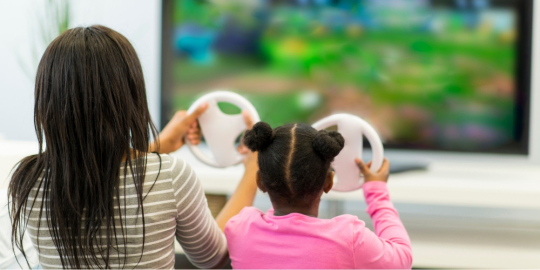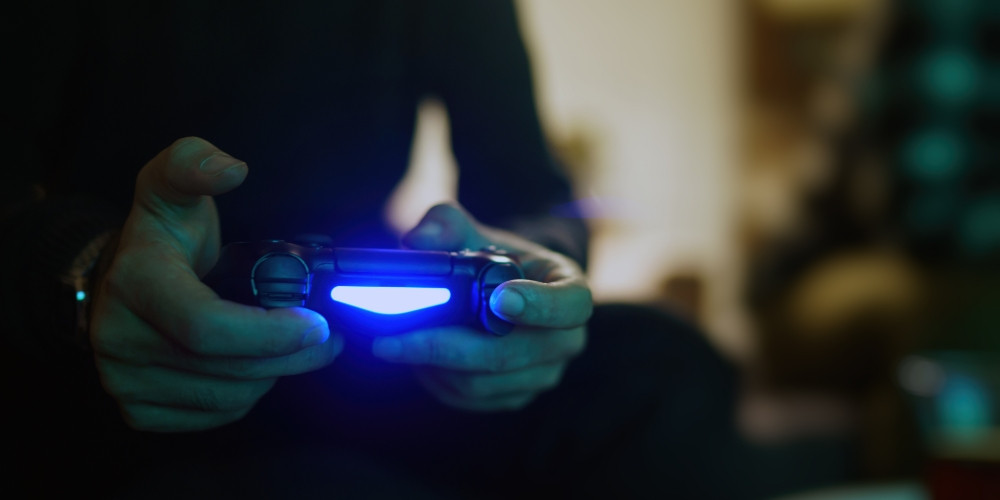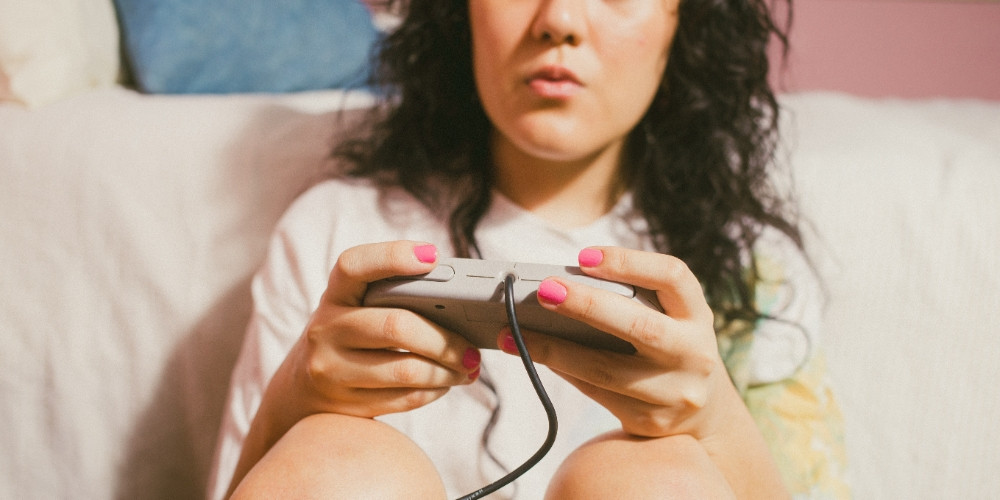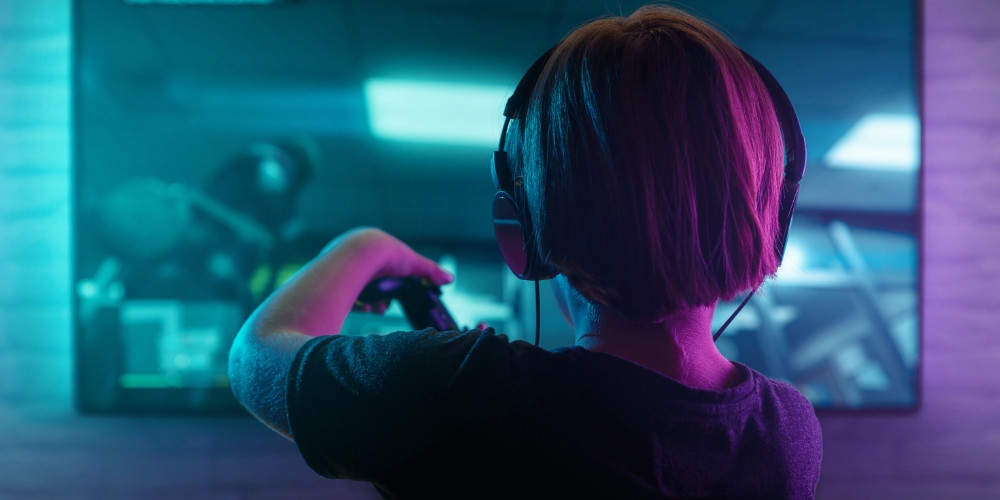
The gaming world has grown exponentially in recent years, with millions of people around the globe engaging in all varieties of video games. While these games can be fun, they can also profoundly impact a person's mental health. This article will explore how gaming affects mental health and how to maintain a healthy balance between gaming and other activities.
From Online Role-Playing Games to Console Platforms: Exploring the Different Types of Games Available
Video games come in many different forms. For instance, many people enjoy playing online role-playing games such as World of Warcraft or Final Fantasy XIV. These games involve taking on the role of an avatar and exploring a virtual world filled with various tasks, missions, and adventures. Players can often join guilds or groups to compete against each other or collaborate on projects. These types of online role-playing games offer players an immersive experience that can be both exciting and rewarding.

Console platforms such as the PlayStation 4 or Xbox One also offer gamers a variety of titles to choose from. From first-person shooters like Call of Duty to sports simulations like FIFA 18 or NBA 2K18, there’s something for everyone on these platforms. Players can also engage in multiplayer modes where they can challenge friends or strangers across the globe in real-time combat and team-based objectives. This gives gamers an opportunity to hone their skills while competing against others from different countries and cultures around the world.
Mobile gaming is another popular form that has become increasingly widespread since smartphones have become more prevalent over the past decade. Mobile games tend to be less graphically intensive than console titles but still provide plenty of entertainment for those looking for quick fixes during breaks at work or when commuting back home after a long day. Popular mobile titles such as Candy Crush Saga, Clash Royale, and Pokémon Go offer players simple yet engaging experiences that often require little more than swiping your finger across the screen and tapping buttons to progress through levels or complete objectives.
Impact of Gaming on Mental Health: Examining the Positive and Negative Effects of Video Games

Video games are now widely accepted as having both positive and negative effects on mental health. In this article, we will explore both sides briefly so we can better understand how gaming affects mental health as well as how to approach it responsibly:
Positive Effects of Gaming on Mental Health
Playing video games can have several positive effects on mental health, including improved mood, increased concentration levels, enhanced problem-solving skills, improved social interaction skills, higher self-esteem levels, improved hand-eye coordination, increased creativity levels, and even cognitive benefits such as improved reaction times when playing action-oriented titles such as first-person shooters or racing simulators, for example.
All these benefits combined make video game play beneficial for those who suffer from depression or anxiety since it provides them with an escape from their problems while allowing them to exercise their minds at the same time. Additionally, gaming allows people who may not feel comfortable socializing face-to-face in certain situations (such as people who suffer from social anxiety) to interact with others without feeling intimidated due to the lack of physical presence. This helps them develop stronger interpersonal relationships, which further increases their overall quality of life.
Negative Effects of Gaming on Mental Health
While there are several positive effects associated with gaming, there are also some potential negative effects that must be taken into consideration before engaging in prolonged video game play. Firstly, some studies suggest that prolonged exposure to violent video game content may lead to desensitization towards violence, which could lead people down a potentially dangerous path. Additionally, some individuals become addicted to gaming, which leads them down a path where they prioritize gaming over other activities such as attending school, going out with friends, exercising, etc.
This addiction can lead to further physical ailments due to the balance between work/play being lost completely. Lastly, excessive amounts of time spent playing video games could lead one into isolation due to the lack of sufficient social contact outside virtual worlds. Maintaining a healthy balance between gaming and other activities is important to ensure that the negative effects do not outweigh the positive effects.
Maintaining a Healthy Balance Between Gaming and Other Activities
It is important for those who engage in recreational gaming activities (both online and offline) to approach it responsibly by maintaining a healthy balance between other activities such as exercise, school work, interacting with friends, etc., so that there is no detriment caused by an excessive amount of time spent playing video games. It is also advised that parents monitor what type of content their children consume while playing video games so that they are not exposed to violent content at a young age, which could potentially cause desensitization issues later down the line. Furthermore, if you feel like you are beginning to develop feelings of addiction towards certain types of video game content, then it would be prudent to seek professional help right away before it gets out of hand.
Conclusion
Video game play is now widely accepted as being beneficial for mental health if approached responsibly; however, there are some potential negative effects attached to prolonged exposure towards certain types of content, which must be taken into consideration before engaging in overly long gaming sessions regularly. Therefore, it is important to maintain a healthy balance between recreational activities like gaming along with other essential tasks such as exercise so that one does not neglect their physical well-being due to a lack of proper balance between work/play life schedule.


